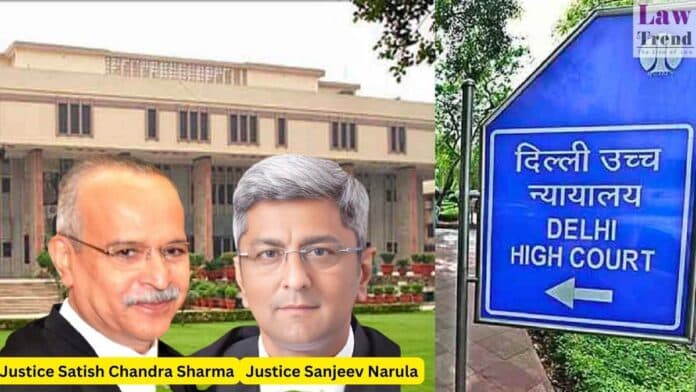The Delhi High Court Monday asked a petitioner, who alleged inflow of unaccounted money into the country though modes used for domestic transactions which could then be used by separatists and terrorists, to file an affidavit giving details of such instances.
The Reserve Bank of India’s counsel said international transfer cannot be done through modes like RTGS which are meant for domestic use.
He, however, said if the petitioner could point out specific instances, they can be looked into.
“File an affidavit with the minute details,” a bench of Chief Justice Satish Chandra Sharma and Justice Sanjeev Narula told the petitioner, lawyer Ashwini Kumar Upadhyay, who has claimed there are loopholes in the system for transfer of foreign funds which could be used by separatists, Naxals, Maoists, fundamentalists, and terrorists.
“Petitioner will give illustrations with respect to foreign transactions coming to India through RTGS, NEFT, IMPS,” it added.
Upadhyay’s plea has sought direction to ensure that Real Time Gross Settlement (RTGS), National Electronic Funds Transfer (NEFT) and Instant Money Payment System (IMPS) are not used for depositing foreign money in Indian banks.
Also Read
The petitioner has said such transfers are being used to provide money to separatists, fundamentalists, Naxals, Maoists, terrorists, traitors, conversion mafias and radical organisations.
He has sought a Uniform Banking Code for foreign exchange transactions to control black money generation and benami transactions.
The petitioner has also sought directions that foreign exchange transactions through Indian banks and foreign bank branches in India must contain information like the name and mobile number of the depositor, adoption of International Money Transfer (IMT) and not RTGS/NEFT/IMPS, and the name of currency.
The matter would be heard next in December.




